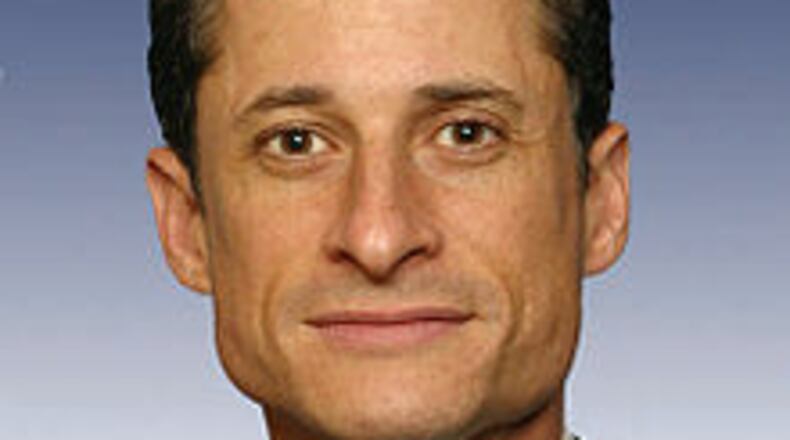Photos in the New York Post of disgraced ex-Congressman Anthony Weiner riding horseback through the Tennessee woods popped up on news screens across the nation this week. The reason for the hubbub wasn't just the rider but the horse: Its job is to help Weiner recover from sex addiction.
Credit: Ariel Hart
Credit: Ariel Hart
In that, Weiner has something in common with doctors who violate sexual boundaries with their patients. The AJC found in a national investigation that those doctors who are allowed to return to practice have almost always gone through a therapy program or boundary course first. One of the most popular has been an outpatient practice in Atlanta.
The problem is, not everyone agrees that behavior like the doctors' or Weiner's is even an addiction. The medical authorities who put together the nation's most recent manual on diagnoses, the DSM-5, recognized compulsive behaviors with drugs and gambling as addictions, but not sex.
That's an argument that won't end soon in the counseling field. Some of the most prestigious addiction clinics in the country offer programs that have processed hundreds of abusive doctors.
The therapists describe the programs as grueling courses of self-examination and confrontation, dealing with childhood trauma that often precedes sexual compulsiveness.
But some of the tools, the AJC found, aren't so harsh: "Equine therapy" is meant to force the patient to give up bullying and coercion as ways of interacting, because horses don't respond to that. It's rare, but offered at the Sante Center for Healing in Texas. Yoga is much more common: That and music therapy teach patience and introspection.
Whatever goes on inside, the programs often advertise themselves almost as resorts.
Medical boards that rely on the programs to take care of the physician's problem say it's worth it to keep more doctors available to patients. The emphasis on rehabilitation doesn't sit well with some advocates for patients and victims, though, who think the doctors should face harsher justice.
About the Author
Keep Reading
The Latest
Featured




